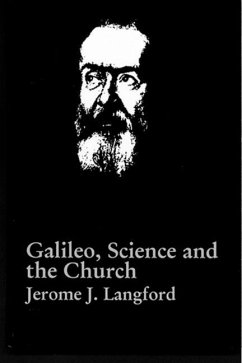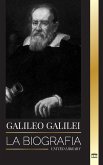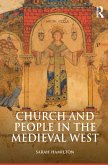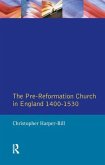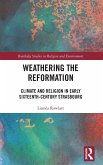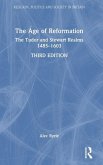When Pope Urban VII described Galileo as the man who "gave rise to the greatest scandal in Christendom," he had no inkling that centuries later the case of Galileo would still be in the open courts of scientific and public opinion. far from closing with his condemnation in 1633, this infamous controversy became a focal point for polemicists, apologists, novelists, and playwrights, and it remains a centre of scholarly interest to this day. Yet with few exceptions, the vast literature generated by the Galileo affair has either missed the real issues at stake or has lifted them out of their proper historical milieu. Based on extensive research, 'Galileo, Science and the Church' admirably fills these gaps, presenting a penetrating and objective account of the circumstances, events, and enduring consequences of that momentous human and philosophical drama. Recognized as a classic account of the case - and in print in paperbound for more than fifty years - this third edition, updated and expanded and with a new preface, is now available in a sewn clothbound edition for the first time in thirty years. Langford has surveyed the most important advances in Galileo studies in the past three decades and deftly illustrates the continuing validity of his own account while making the modifications dictated by recent scholarship. Once again the author makes clear that this timeless drama has much to teach us about the enduring conflict between authority and freedom of thought and expression.

